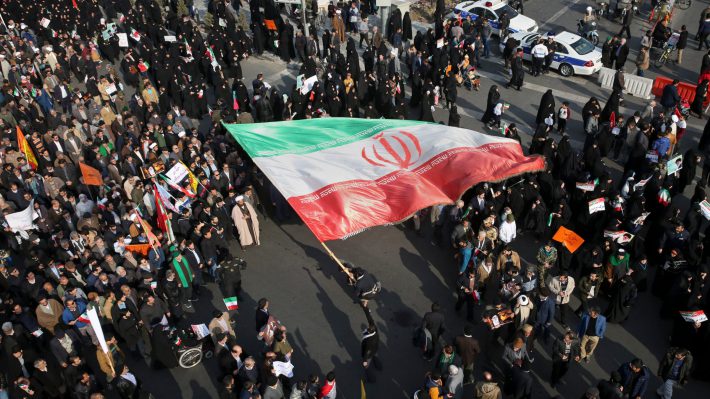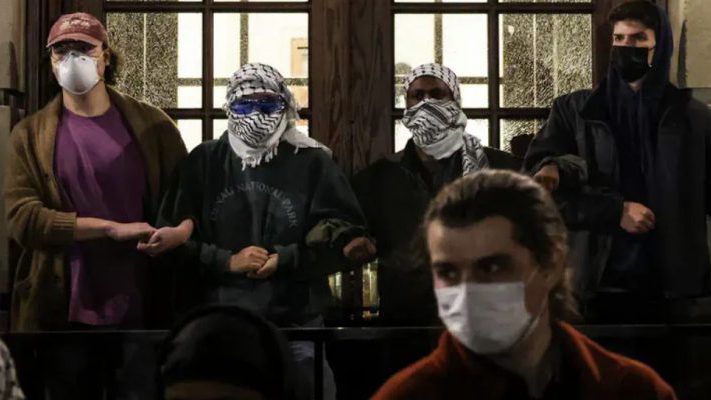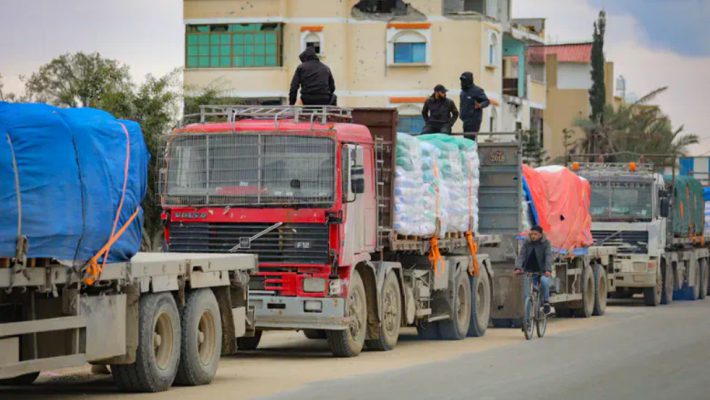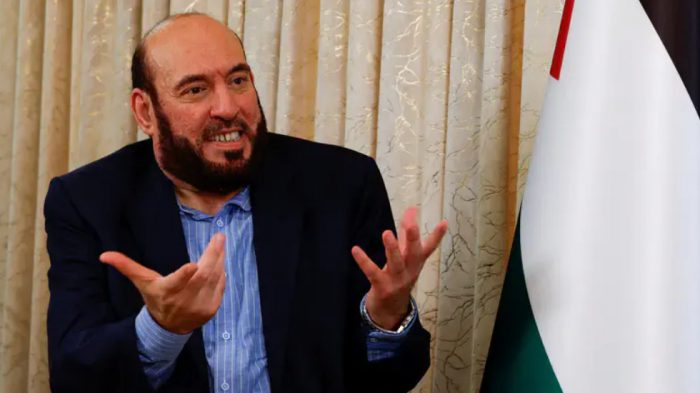Arab states reject responsibility for enforcing Gaza’s ceasefire, crippling security plans and leaving Hamas empowered while Israel and the West bear all risk.
The first phase of the American-brokered Gaza ceasefire has largely succeeded—all living hostages freed, most bodies returned, and guns silent for the first time in nearly a year. But despite these early gains, the outlook is bleak, not because of Israel or Hamas, but because key Arab states are refusing to do the single most important job needed to secure the peace.
Last week delivered the clearest proof yet:
Jordan’s King Abdullah publicly declared that neither Jordan nor Egypt will send forces into Gaza under any circumstances.
They’ll offer training, advice, polite statements—everything except what actually matters: boots on the ground to enforce the ceasefire and disarm Hamas.
This refusal blows a gaping hole in the entire post-war security architecture.
Arab States Want the Optics, Not the Responsibility
King Abdullah drew an explicit line:
- ✔️ Jordan and Egypt will train Palestinian police
- ❌ They will not deploy to Gaza
- ❌ They will not enforce the peace
- ❌ They will not confront Hamas
He distinguished between peacekeeping (safe, passive, symbolic) and peace-enforcing (dangerous, politically costly, militarily necessary).
This distinction is not logistical—it’s political.
Training police is risk-free diplomacy; enforcing disarmament is a war zone mission. Arab states want the former and are fleeing from the latter.
The result?
They get the prestige without the sacrifice, the headlines without the hazard.
Meanwhile, the ceasefire’s most essential requirement—the disarmament of Hamas—is left to an “international force” that lacks:
- regional legitimacy
- local trust
- political cover
- and most dangerously, Arab participation
A Peace Plan with No Enforcers Is a Peace Plan Meant to Fail
Without Jordanian and Egyptian forces, any international deployment risks being viewed in Gaza as a foreign occupation army, instantly undermining stability and empowering Hamas propaganda.
Egypt’s President El-Sissi himself called this proposal the “last chance for regional peace.”
Yet he refuses to provide the very component that would make that peace possible.
It leaves Washington and its allies staring at an impossible choice:
- Risk their own soldiers inside Gaza’s labyrinth of militias
- Or watch the ceasefire collapse as Hamas rebuilds under a toothless security structure
Arab governments are effectively saying:
“We want peace… but someone else should die for it.”
A Strategic Gift to Iran
The consequences reach far beyond Gaza.
With no regional force to contain instability:
- Iran’s proxies see an opening
- The Houthis may resume attacks on global shipping
- Tehran’s axis can destabilize trade routes and energy flows
- U.S. interests in the Gulf become vulnerable again
Jordan and Egypt’s refusal creates a regional security vacuum, the very environment Iran thrives in.
The Hard Truth: Peace Cannot Be Outsourced
Long-term stability in Gaza requires regional ownership.
Instead, the region’s key Arab powers are stepping back, prioritizing domestic political comfort over collective security.
This “evasion disguised as capacity-building” ensures only one outcome:
The ceasefire will remain fragile, Hamas will remain armed, and the Middle East will remain one step away from its next war.





